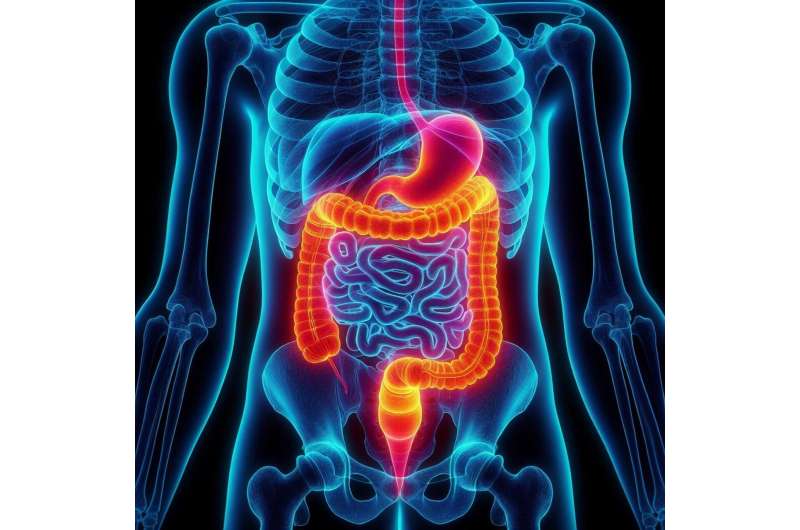Link Between Multiple Chronic Conditions and Heart Failure in Older Adults

New research explores how multiple chronic conditions like cardiovascular disease, kidney issues, and diabetes impact physical function and survival in older adults with heart failure, highlighting the importance of simple risk assessment strategies.
Heart failure remains a major global health concern, affecting millions worldwide and often leading to hospitalizations due to complications. In older adults, heart failure frequently coexists with other chronic illnesses, which can worsen health outcomes and complicate treatment strategies.
Recent research highlights the significant interplay between cardiovascular disease, kidney dysfunction, and metabolic disorders such as diabetes in seniors with heart failure. Historically, much of the clinical research on these topics focused on younger populations, often excluding those over 75 years of age. However, since this age group makes up the majority of real-world heart failure patients, understanding how overlapping conditions impact their prognosis is crucial.
A notable study led by Assistant Professor Taisuke Nakade from Juntendo University Graduate School of Medicine investigated the relationship between coexisting cardiovascular, kidney, and metabolic conditions and their effects on physical function and outcomes in elderly heart failure patients. Published in the European Journal of Preventive Cardiology, this research analyzed data from 1,113 hospitalized patients with an average age of 80, focusing on the presence of atherosclerotic cardiovascular disease, chronic kidney disease, and type 2 diabetes—collectively termed as CKM conditions.
The study found that nearly half (49.5%) of the participants had two or three overlapping CKM conditions, while only 17.3% had none. Those with multiple conditions performed worse on physical assessments, such as walking speed, chair rise tests, and six-minute walk tests. Importantly, they faced a higher risk of death or rehospitalization within two years after discharge, even after adjusting for factors like age, sex, and heart failure severity.
To strengthen these findings, the researchers validated their results using an independent cohort of 558 patients, confirming the increased risks associated with multiple overlapping conditions. This highlights the importance of early identification of vulnerable individuals to enable timely intervention, potentially reducing hospital readmissions and long-term care needs.
The study emphasizes that assessing the presence of CKM overlaps is straightforward and does not require sophisticated diagnostics. Incorporating this evaluation into routine clinical practice can help healthcare providers stratify risk and tailor interventions such as exercise, nutrition, and close monitoring. Overall, integrating simple assessments of comorbidities can lead to improved patient outcomes, optimized resource use, and more sustainable healthcare systems.
Looking ahead, bridging gaps between clinical trials and the real-world elderly population remains essential. As populations continue to age globally, such research contributes valuable insights to improve healthcare strategies for vulnerable seniors with complex health profiles.
Source: https://medicalxpress.com/news/2025-05-exploring-link-overlapping-chronic-conditions.html
Stay Updated with Mia's Feed
Get the latest health & wellness insights delivered straight to your inbox.
Related Articles
Validation of AI Lung Cancer Risk Model in Black-Dominant Population Shows Promising Results
A new study validates the effectiveness of the AI-based Sybil lung cancer risk model in a racially diverse population, demonstrating high predictive accuracy and potential to improve early detection in underserved communities.
Impacts of Climate Change on Homes and Human Health: Rising Temperatures, Air Quality, and Housing Security
Climate change significantly impacts our homes and health, increasing risks from heatwaves, floods, and wildfires. Building resilient housing is crucial for safety and well-being.
Gut Microbes in Gastrointestinal Tumors May Help Predict Outcomes and Guide Therapy
Emerging research reveals that microbes within gastrointestinal tumors can predict patient outcomes and guide personalized treatment strategies, offering new hope in cancer prognosis and therapy optimization.
Implications of Reclassifying Marijuana for Medical Research
Reclassifying marijuana from Schedule I to Schedule III could significantly enhance medical research, improve patient access, and promote industry growth by reducing current federal restrictions on cannabis studies.



